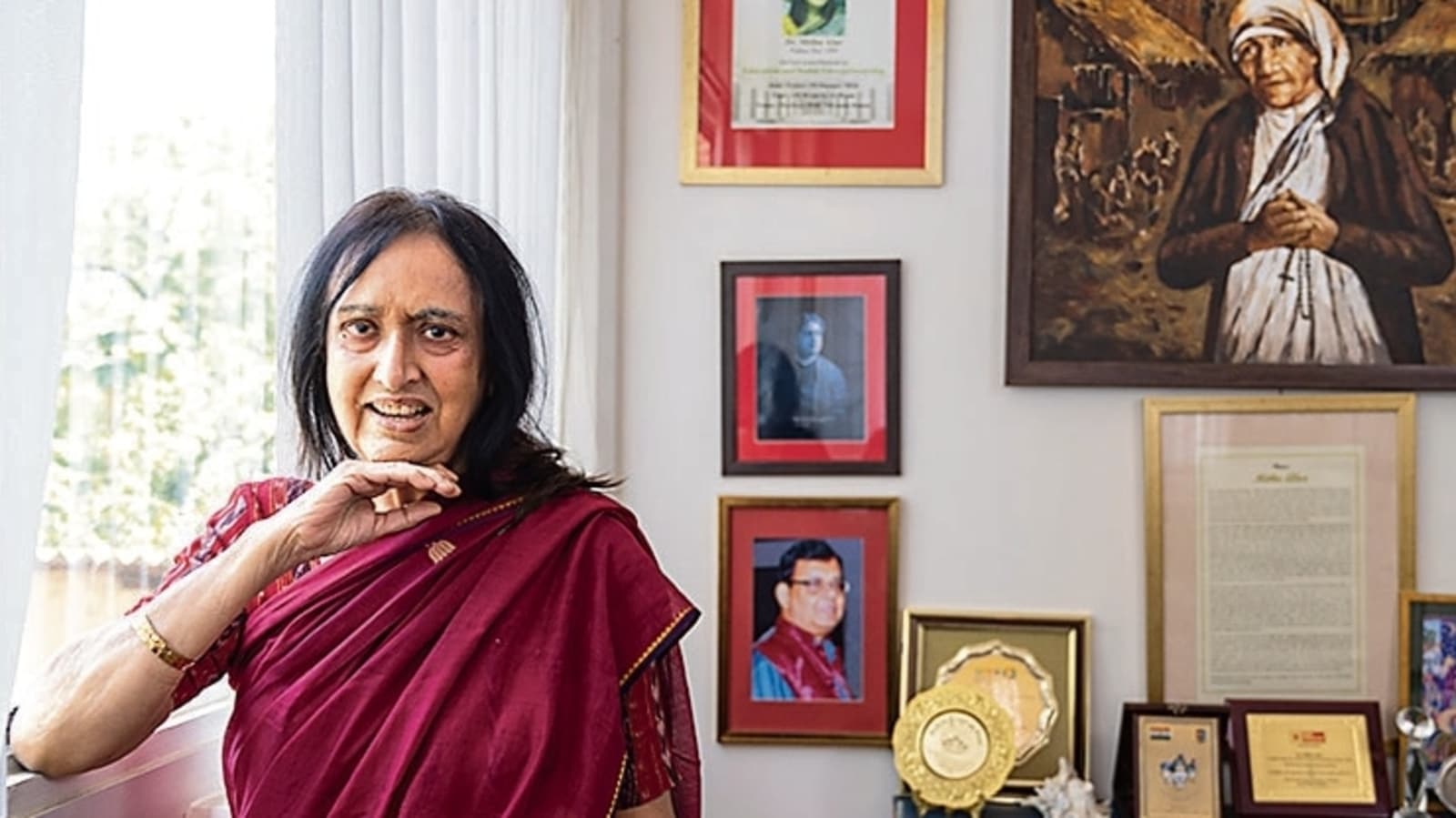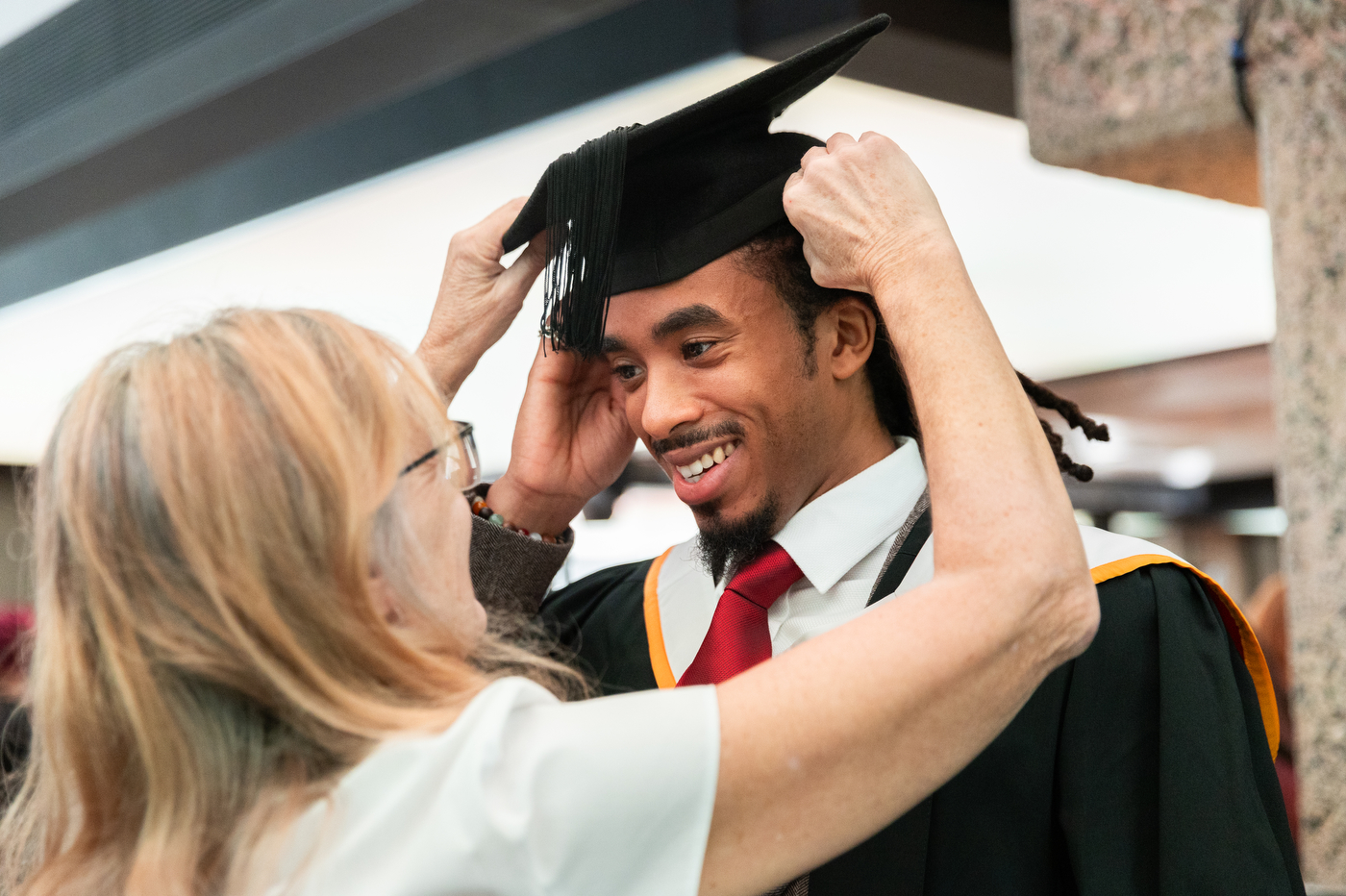Horoscope
‘Not accessible to wheelchair users’: Dr Mithu Alur shares struggle to enter Nehru Centre, London

Mumbai A case of discrimination due to denied access at London’s Nehru Centre has led to shock waves across disabled rights’ groups across both the UK and India. The Nehru Centre comes under the Indian High Commission and is directly overseen by the ministry of external affairs.
Dr. Mithu Alur, who heads ADAPT (formerly The Spastics Society of India), was invited as the Chief Guest at the Nehru Centre in London for a seminar dedicated to use of music as an empowering tool for mental health.
Dr Alur’s daughter, Malini Chib, well-known Indian disability rights activist who has cerebral palsy and author (of One Little Finger she wrote over two years typing with only one finger) was also invited. Once they reached the venue her husband asked for a ramp for the wheelchair which was arranged.
“And then began the frantic struggle,” remembers Dr Alur, “The lift was too narrow with barely enough space for one person with crutches. A wheelchair just wouldn’t go in. The landing area outside the lift too did not have enough space for a wheelchair indicating that the Nehru Centre is not accessible to wheelchair users.”
She underlines how this is directly in violation of the UK’s The Equality Act 2010 – which forms the cornerstone of wheelchair access regulations in the island nation — and also goes against the Building Regulations which sets out minimum standards for wheelchair accessibility in buildings from door widths and ramp gradients to accessible toilets and signage.
Nehru Centre in-charge Sujit Ghosh did not respond both to calls and messages. An email sent in Wednesday to the Nehru Centre has also gone unanswered more than 24 hours later.
The MEA spokesperson – who declined to be named said he was busy and could not respond immediately.
When Dr Alur was asked if she or Malini Chib received any apology from anyone at the Nehru Centre or the Indian High Commission she replied in the negative. “We are not looking at an apology but correction of a wrong with total and complete accessibility so that no one else goes through this experience.”
Would that be challenging given that the Nehru Centre (founded in 1992) is located in a heritage structure dating back to the early 1700s? Dr Alur insists: “It is possible to correct a moral and ethical wrong and has been done world over keeping the heritage aesthete intact. Many monuments and sites of national cultural importance across the world have been made accessible in a way that preserves their cultural and historical identity and uniqueness.” underlining how this is in keeping with both national and international mandates.
The United Nations Convention on the Rights of Persons with Disabilities (UNCRPD), which both India and the UK have ratified as signatories, include ‘accessibility’ as a key underlying principle. Article 9 of the UNCRPD stipulates, “to enable persons with disabilities to live independently and participate fully in all aspects of life, states/parties shall take appropriate measures to ensure to persons with disabilities access, on an equal basis with others, to the physical environment, to transportation, to information and communications, and to other facilities and services open or provided to the public, both in urban and in rural areas.”
In its general comment No. 5 (1994), the Committee on Economic, Social and Cultural Rights evoked the duty of states/parties to implement the United Nations Standard Rules on the Equalisation of Opportunities for Persons with Disabilities that highlight the significance of the accessibility of the physical environment, transport, information and communication for the equalisation of opportunities for persons with disabilities which India is a signatory too.
Denial of access to the physical environment, transportation, information and communication, and services open to the public constitutes an offence, and is now considered an act of discrimination that is prohibited. It is a violation of international laws as mentioned in the PwD Act.
Dr Alur’s spouse and World Bank consultant Sathi Alur also lamented that “the cultural wing of the High Commission of India has not addressed the lack of accessibility.”
He and Alur hoped MEA would address this issue on priority.










